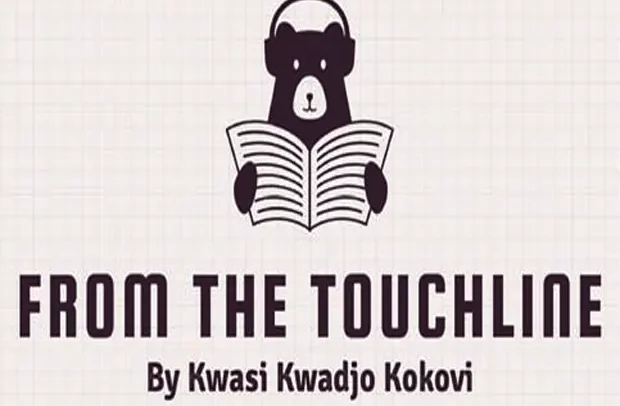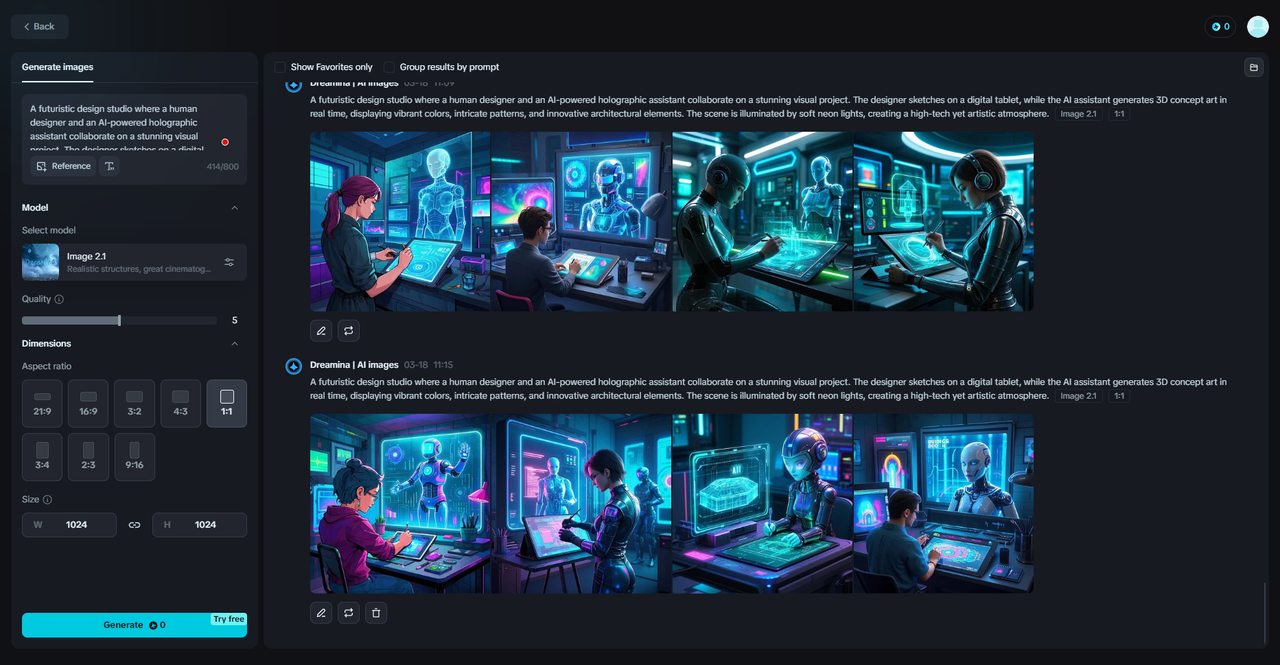
Screens have become ever-present companions-guiding our mornings, occupying our days, and lingering into our nights. From smartphones and laptops to tablets and smart TVs, we are perpetually connected, constantly checking emails, scrolling through social media, watching videos, and responding to notifications. This relentless connectivity blurs the boundaries between work and personal life.
It makes it challenging to distinguish relaxation from obligation. While digital devices have revolutionized communication, learning, and productivity, they have also introduced challenges like psychological strain, social isolation, and physical fatigue. What began as a convenience has subtly transformed into a compulsion, prompting many to seek relief through practices like digital detoxes.
Data from Statista (2024) indicates that the average global internet user spends almost seven hours online each day. This surpasses the healthy usage guidelines set by experts. This high level of digital engagement is not limited to work or educational tasks.it encompasses entertainment, social interactions, and casual browsing. According to psychologist Dr. Larry Rosen, co-author of “The Distracted Mind: Ancient Brains in a High-Tech World,” our brains were not designed to handle the constant stimulation that modern technology demands. He describes “techno-stress,” a state characterized by increased anxiety, diminished attention spans, and challenges in engaging in deep, focused thought. It is no wonder that many of us feel persistently fatigued, even when we are not physically active.
The Need for a Digital Detox
A digital detox involves intentionally reducing or eliminating screen time for a specified period to regain mental clarity and emotional balance. This could be a weekend or even a month, depending on what individuals require. Findings from a 2022 study published in Cyber psychology, Behaviour, and Social Networking show that even short digital breaks lead to significant improvements in mood, mental clarity, sleep quality, and overall life satisfaction. These results highlight the considerable psychological advantages of unplugging. They indicate that regular downtime is essential for our brains and emotions to process experiences and manage stress effectively.
The American Psychological Association (APA) consistently underscores the harmful impacts of screen addiction. They reveal that persistent digital engagement contributes to cognitive fatigue, emotional instability, and social detachment. An APA survey found that nearly 50% of U.S. adults feel overwhelmed by the constant influx of digital information. Social media significantly contributes to this overload, fostering unrealistic comparisons, fear of missing out (FOMO), and an unhealthy desire for validation through likes and comments. Thus, a digital detox can act as a vital reset, helping individuals restore balance and presence in their lives.
Physical Toll of Constant Connectivity
The consequences of excessive screen time extend beyond the mental sphere to physical health as well. Extensive screen use has been linked to various health problems, including digital eye strain, headaches, poor posture, and obesity due to inactivity. According to the Vision Council, over 60% of Americans report experiencing symptoms of digital eye strain, such as dryness, blurred vision, and discomfort. These issues are especially prevalent among those who spend long hours working in front of screens without breaks.
Moreover, improper ergonomics during device use have resulted in widespread cases of “text neck,” a term for chronic neck pain and stiffness caused by frequently viewing down at a device. This can lead to long-term spine issues and muscle tension. Additionally, the blue light emitted by screens hampers melatonin production, the hormone responsible for regulating sleep, negatively impacting sleep quality and duration. The National Sleep Foundation recommends powering down electronic devices at least 30–60 minutes before bedtime to help the brain naturally prepare for restful sleep. Ignoring these recommendations can cause insomnia, frequent awakenings, and daytime tiredness.
Unplugging to Reconnect
Choosing to unplug doesn’t mean abandoning technology completely. Rather, it’s about reassessing our relationship with it and using it purposefully. By establishing boundaries, we can avoid falling into the pitfalls of persistent distraction and mindless consumption. One helpful strategy is to set specific times of the day as “screen-free zones,” which could include morning routines, family meals, or the hour before bedtime. Implementing physical boundaries-such as keeping devices out of bedrooms or disabling notifications during focus periods-can greatly minimize digital interruptions.
Tools like Digital Wellbeing (for Android) and Screen Time (for iOS) can assist users in tracking device usage and setting limits for certain apps, promoting greater mindfulness regarding their habits. Additionally, engaging in offline activities, such as journaling, reading, walking, or pursuing creative hobbies, can help re-engage the senses and reconnect with the world around us. Some families and organizations have adopted a “tech Sabbath”-a specific day each week to unplug as a community. A 2023 Deloitte report indicated that those who embraced partial or full digital detox practices felt more focused, socially engaged, and satisfied with their lives.
A Thoughtful Reset
The true strength of unplugging lies in its ability to restore the clarity, tranquillity, and authentic human connections that relentless connectivity has eroded. It provides an opportunity to step back, reassess priorities, and live more purposefully and mindfully. In his book “Digital Minimalism: Choosing a Focused Life in a Noisy World,” author Cal Newport argues that the solution to digital overwhelm is not the total rejection of technology, but rather a conscious and selective use of it to enhance our lives, rather than dominate them. By being intentional about our screen time, we can foster deeper relationships, better health, and enhanced productivity.
In a landscape that perpetually clamours for our attention through digital channels, the act of disconnecting is both radical and essential. Although a digital detox may appear to be a minor step, it possesses the potential to fundamentally transform our experiences, thoughts, and connections-with ourselves and others.
By Wisdom Koudjo Klu
The post Cut the Cord: The Hidden Health Benefits of A Digital Detox appeared first on The Ghanaian Chronicle.
Read Full Story





















Facebook
Twitter
Pinterest
Instagram
Google+
YouTube
LinkedIn
RSS